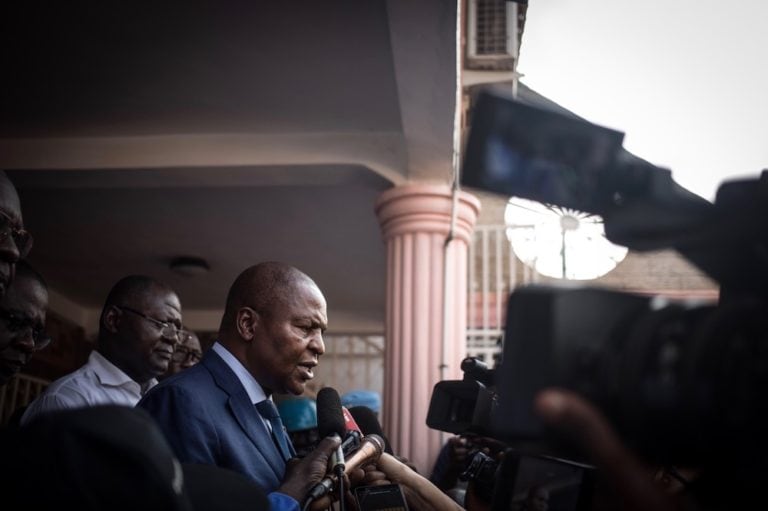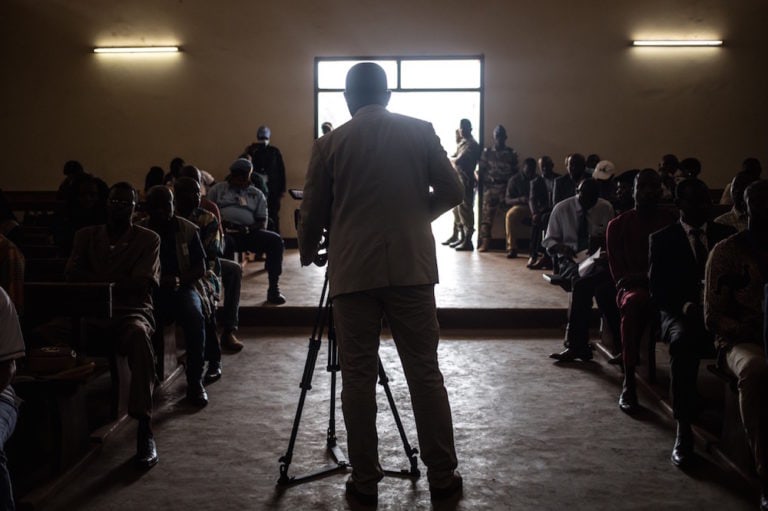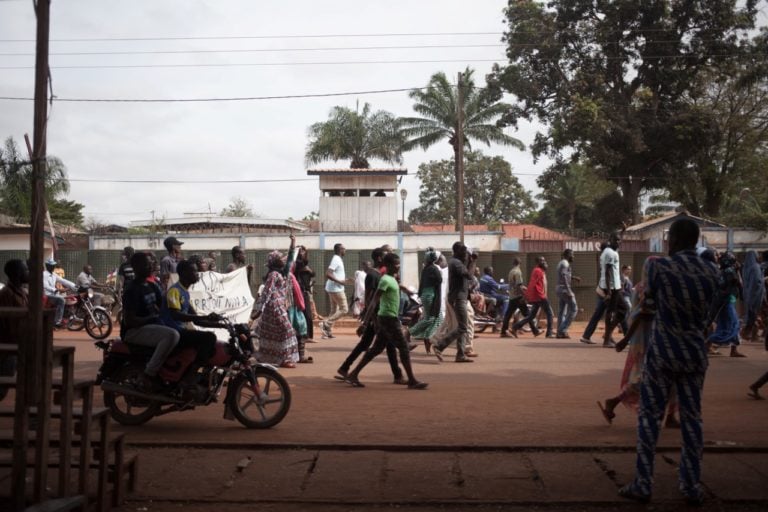Issued by Prime Minister André Nzapayéké’s with the aim of "restoring security throughout the country," the ban follows a general strike call that, according to the Jeune Afrique news website, was circulated by SMS.
Reporters Without Border condemns the announcement by the Central African Republic’s ministry of communications that SMS messages are banned “from 2 June until further notice.” This decision follows the reported use of SMS to relay a general strike call.
“At a time when Bangui is virtually cut off from the rest of the country, when voice calls are difficult and the Internet is almost non-existent, this ban constitutes a major violation of the free flow of news and information,” said Cléa Kahn-Sriber, the head of the Reporters Without Borders Africa desk.
“It also poses a major obstacle to journalistic work, which is already hard enough. What with the security situation preventing journalists from moving about freely in the interior or even in Bangui after the resurgence of violence in recent weeks, the SMS ban will make it even harder for them to gather, verify and circulate information. We urge the transitional government to rescind this censorship measure, which violates its commitment to democratic rule .”
A Bangui-based journalist confirmed to Reporters Without Borders that SMS messages can no longer be sent via the Orange, Télécel and Azur networks.
“When you send a text, you get an error message,” he said. “This complicates our work because many of our sources contact us by SMS. It is discreet, there is no danger of your neighbour hearing and, thanks to SMS quotas, it is a method of communication that still works even when you have used up all your phone credit.”
Issued on Prime Minister André Nzapayéké’s initiative with the aim of “restoring security throughout the country,” the ban follows a general strike call that, according to the Jeune Afrique news website, was circulated by SMS, namely to protest against the perceived failure of the Samba-Panza interim government to curb violence.
The Central African Republic is ranked 109th out of 180 countries in the 2014 Reporters Without Borders press freedom index, a fall of 43 places from its position in last year’s index.


